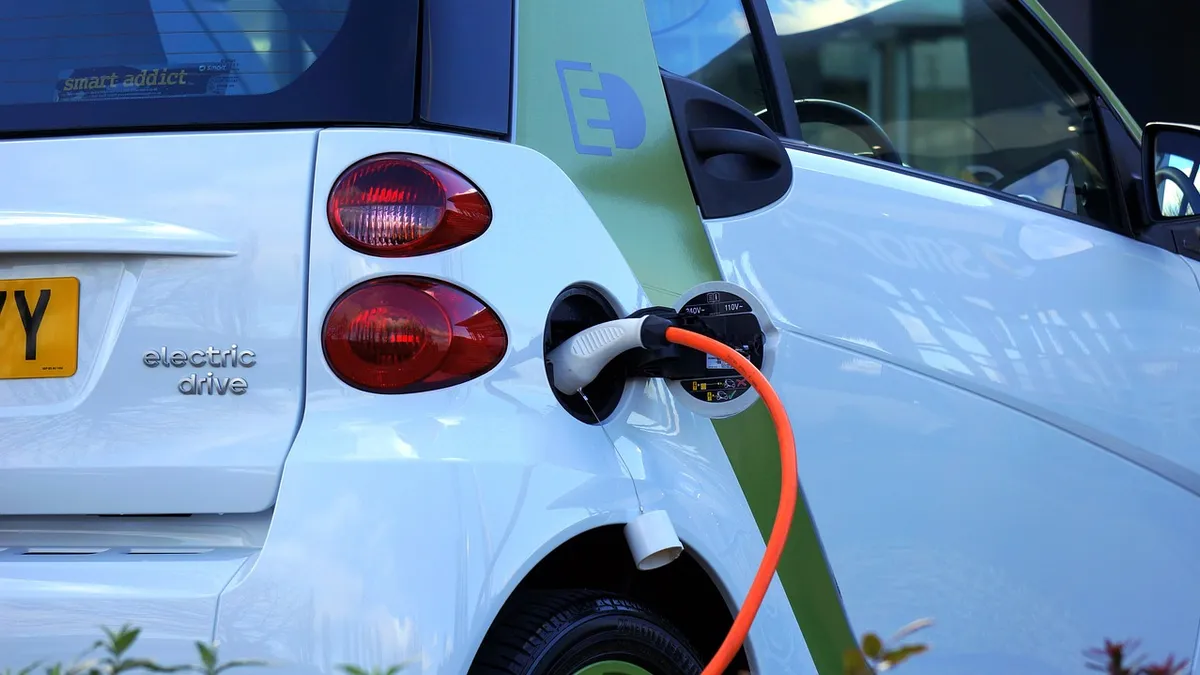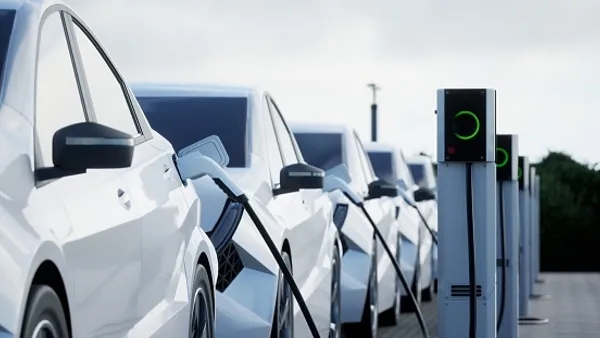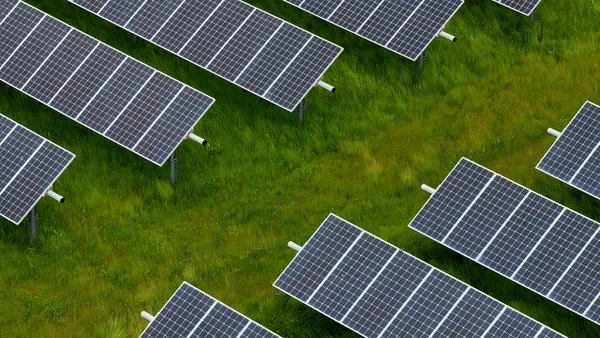Dive Brief:
- Colorado regulators on Monday approved Xcel Energy's $110 million transportation electrification plan, which will install up to 20,000 charging stations, provide rebates for the purchase of an electric vehicle (EV), and add programs and rates to help manage the new charging load.
- Xcel's plan also includes an emphasis on ensuring EV adoption benefits all customers, with approximately 15% of the program budget directed toward equity-focused programs.
- Colorado has set a goal of having 940,000 EVs on the road by 2030, and Xcel's plan will help the state achieve that, according to Will Toor, director of the Colorado Energy Office. "It's a really well-designed, comprehensive program," he said. "It does a good job of hitting all the areas where we need to make progress."
Dive Insight:
Xcel's transportation electrification plan will add about 67 cents to monthly customer bills, said Toor, while also putting downward pressure on rates.
"From the state's perspective, we are very pleased with the decision the Public Utilities Commission made," said Toor. "Both the level of investment and ambition in the plan line up very well with the imperative to electrify our transportation system."
Xcel says its transportation plan is helping to bring "the benefits of our low carbon goal to EV drivers in our service territory." The utility is aiming to deliver 100% carbon free energy by 2050, and to cut carbon emissions 80% by 2030.
To meet the state's EV goals, there will need to be about 450,000 emissions-free vehicles in Xcel's Colorado service territory, according to the utility.
"We estimate over the next three years, the number of light-duty EVs we serve in Colorado will grow from about 30,000 to nearly 100,000," spokesperson Michelle Aguayo said in an email. "Across the eight states we serve, we estimate the number of EVs will increase from nearly 45,000 to more than 130,000 in 2023."
"In 2023, we estimate this equals more than 300,000 MWh of charging in Colorado, and more than 450,000 MWh across the states we serve, with additional charging likely to come from medium and heavy-duty vehicles," Aguayo said.
That amounts to less than 0.5% of the electricity Xcel now provides, but Aguayo said the utility anticipates EV charging will continue to grow.
A "key element" of the utility's plan is to encourage charging "during low-cost times for the grid, which can reduce charging costs for customers," Aguayo said. "We'll be offering, and at times requiring, smart charging programs during low-cost times. We'll also be developing a school bus electrification program which may incorporate a vehicle-to-grid program, although those details are still being developed."
To support broader adoption of EVs, the commission's approval includes a $5 million pilot to provide rebates to income-qualified customers.
Xcel will offer upfront $5,500 rebates for new EV purchases and $3,000 for used EVs for qualifying customers. The Colorado Energy Office and other stakeholders provided input on the program, Aguayo said, which includes enhanced rebates for charging equipment for qualifying customers and communities.
The Sierra Club celebrated the decision, saying the plan "put equity front and center."
"This program prioritizes the expansion of EV infrastructure for income-qualified customers and in higher-emissions communities, ensuring that the shift to clean transportation in the areas served by Xcel leaves no person or community behind," Sierra Club Colorado Chapter Clean Energy Advocate Jenny Willford said in a statement.
Toor said the discussion over rebates for used EVs focused on how to ensure lower-income customers would purchase them. "If we really wanted to ensure the benefits of EVs accrued directly to lower-income customers, it was probably important to include used vehicles in that point of sale rebate program," he said.














